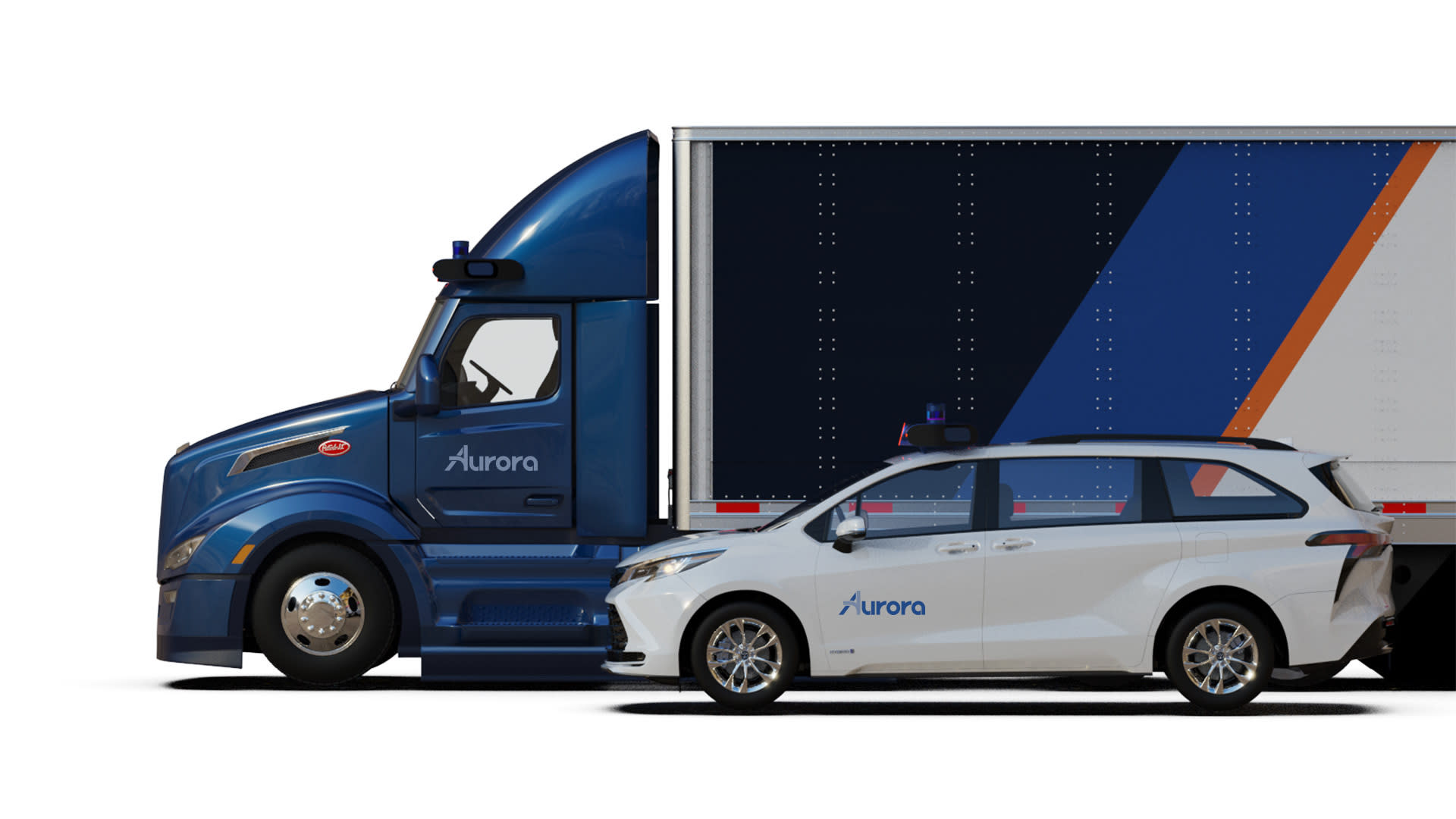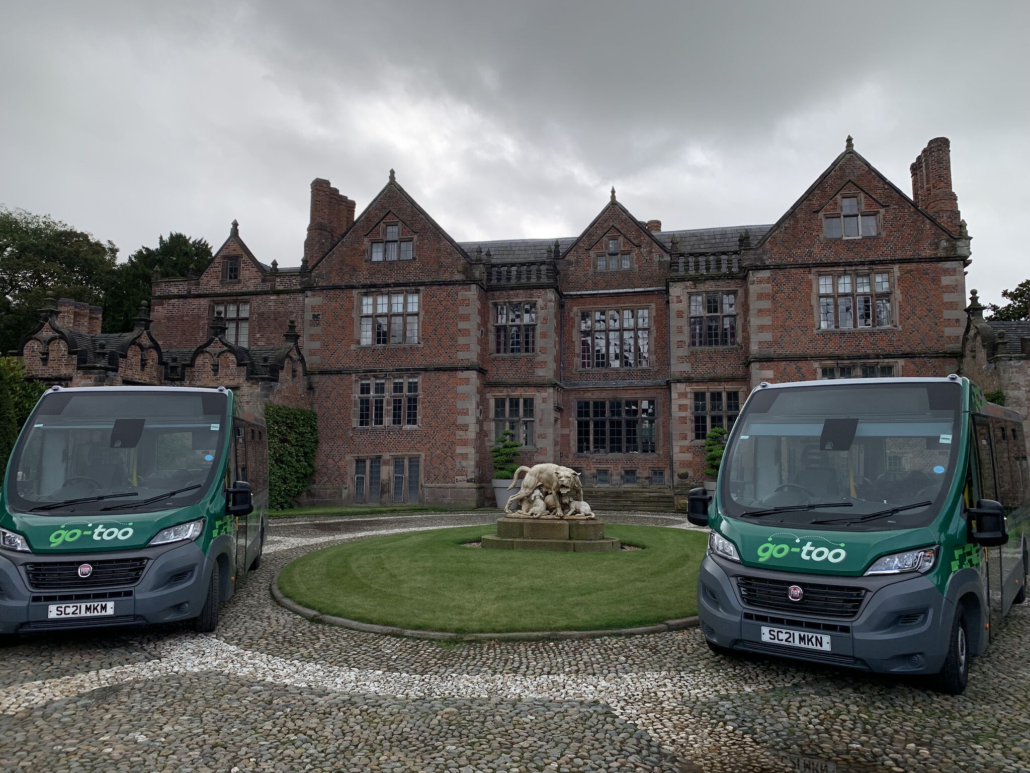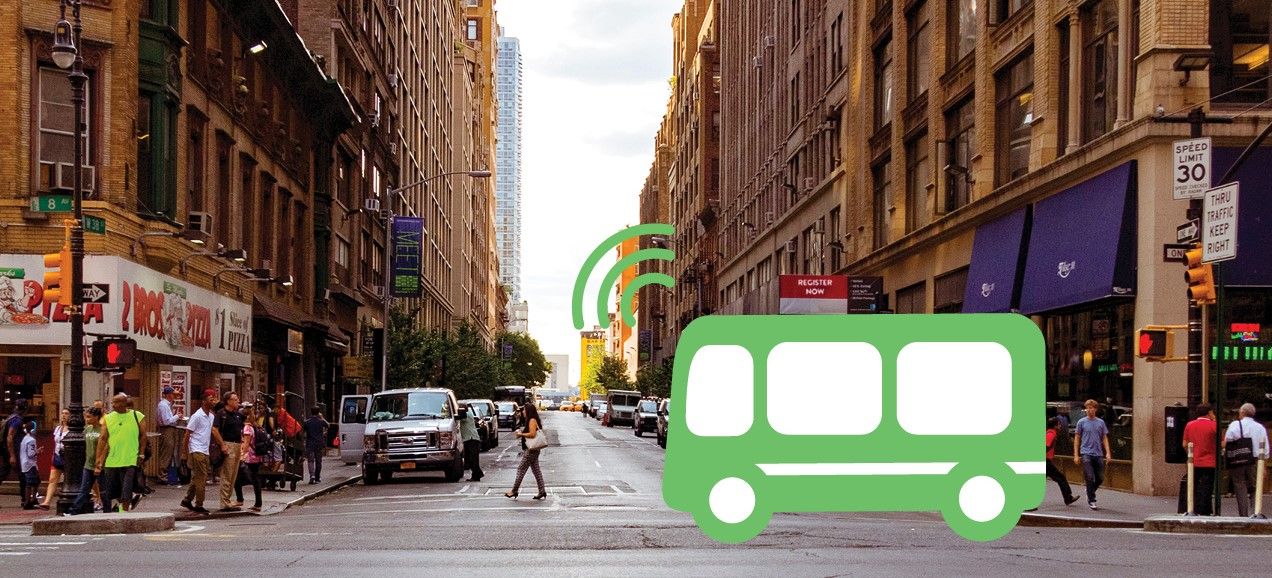World-First Autonomous Mass Transit System Heralds New Age of Smart, Sustainable Urban Transport
- UK company, Urban.MASS, launches breakthrough mass transit technology to revolutionise mobility and connectivity in cities worldwide; cutting congestion, air pollution, and carbon emissions.
- Hundreds of driverless electric “pods” collect passengers on-demand, then ‘flock’ together as trains on elevated smart tracks to weave, over, under and through city centres at high speed.
- World’s first operational system will open in 2025 at the National Railway Museum in Shildon, England – exactly 200 years after the world’s first passenger locomotive, Stephenson’s Locomotion, made its first journey on the same site.
- Plans for 10 Urban.MASS networks by 2030 in UK and worldwide to meet massive global demand.
- Technology costs 50% less than conventional urban rail and can be deployed in half the time.
- UK spearheading a global mass transit revolution for the 21st century.
- New video published today shows how it will disrupt urban mobility for the twenty-first century.
A world-first driverless, zero-emission mass transit technology – comprising autonomous electric “pods” capable of traveling on both road and rail – launched today by UK-start up Urban.MASS – will revolutionise urban mobility and connectivity in cities worldwide, cutting congestion, air pollution, costs and carbon emissions.
Urban.MASS’ breakthrough floc® technology will, for the first time, combine door-to-door on-demand ride hailing transport with high frequency, accessible and sustainable mass transit to provide seamless, zero-emission passenger and cargo journeys across cities.
The world’s first fully operational site is planned to open in 2025 at the National Railway Museum, Locomotion, in Shildon, North East England – exactly 200 years after the same site hosted the world’s first passenger steam engine, Stephenson’s Locomotion.[i] A rapid global rollout will follow, seeing at least 10 cities adopt the technology by 2030, beginning with Kampala, the capital of Uganda, and cities across the UK, ushering in a new era of mass transit.
68% of the world’s population is expected to live in urban areas by 2050[ii], putting massive strain on roads and existing public transport networks. In the UK alone, road congestion cost the economy almost £7bn in 2019[iii], with 65% of its workforce currently commuting by car. In the US, the annual cost to the economy is $88 billion, with Americans each losing 99 hours a year to congestion.[iv] This compounds air quality crises in cities worldwide which collectively lead to 4.2 million deaths annually according to The World Health Organisation.[v] A large proportion of this pollution is caused by road traffic, creating demand for mass transit solutions to reduce congestion.
Conventional mass transit infrastructure projects are disruptive, time consuming and costly, with European rail projects going over budget by 34% on average[vi]. These costs can be prohibitive for smaller cities, developers, and businesses, such as airports and out-of-town business parks, which compounds the reliance on road transport.
Cities across the world are urgently seeking sustainable and affordable mass transit solutions that meet the needs of a zero-carbon, clean air future while supporting a new age of mass urbanisation. As a result, around 100 countries are planning over 1,000 new metro rail projects by 2030 – equivalent to over $2.2 trillion USD of investment.[vii] Urban.MASS’ floc® technology is a twenty-first century solution to the problem, designed to be significantly cheaper and quicker to construct, with a much smaller physical footprint than conventional metro rail, light rail and tram projects.
- [i] https://blog.railwaymuseum.org.uk/shildon-the-cradle-of-the-railways-and-locomotion-no-1/
- [ii] 68% of the world population projected to live in urban areas by 2050, says UN
- [iii] INRIX Global Traffic Scorecard: Congestion cost UK economy £6.9 billion in 2019
- [iv] INRIX Incorporated 2019 Global Traffic Scorecard
- [v] World Health Organisation – Health Topics/Air Pollution – https://www.who.int/health-topics/air-pollution
- [vi] Controlling cost overruns on rail projects: a European perspective
- [vii] Global 1,000 Upcoming Rail Projects Report & Database 2020-2035
Kevin O’Grady, CEO of Urban.MASS, said:Cities are changing like never before – populations are exploding but the way we move people around hasn’t changed in over a century. Victorian-era rail and road technologies weren’t designed for the demands of modern life and yet worldwide we continue to rely on the same basic, expensive, and carbon intensive system. We should be using solutions of the twenty-first century, to serve the new-breed of cities we see today – cities that are built for people, not polluting vehicles.
It’s almost 200 years since the United Kingdom invented passenger rail – it’s time to once again set a new global precedent and upend the status quo of transport. With massive demand from cities right across the world, it’s clear that people everywhere recognise the need for a new technology to dramatically change our transport systems for the next 200 years. Our affordable and accessible system delivers twice the track for half the cost, with an unrivalled customer experience.
The Urban.MASS floc® technology deploys hundreds of lightweight, driverless, zero emission electric pods to collect passengers from anywhere in a city using ground-level tracks or existing road networks. To traverse the most congested areas of urban centres at high speeds, the pods elevate to an above-ground Duo Rail™ track via ultramodern Urban.MASS stations, all without passengers having to leave the pod. The pods can “flock” together into connected trains or run individually depending on demand. This means floc® can deliver high frequency peak capacity on dense routes and also provide economically viable services on less dense routes or during off-peak times.
The elevated Duo Rail™ track, powered by overhead solar canopies, can run above existing roads and infrastructure, giving a physical footprint 70% smaller than a typical urban light rail system. This allows infrastructure to ‘tiptoe’ through dense urban areas, minimising the need to demolish buildings or dig expensive tunnel networks, while allowing space for roads, green corridors, cycle paths or pedestrian zones below.
Using innovative “pop up” construction, each prefabricated section of Duo Rail™ track can be installed in a matter of days. This flexible and modular design means new sections can be easily and quickly added or adapted to meet the changing demands of cities as they develop. The result is a system costing 50% less than traditional light rail, with significantly less environmental impact.
Urban.MASS plans to develop floc® Duo Rail™ mass transit networks in at least 10 cities around the world by 2030 to meet growing demand. Cities in the UK, Europe, North America, Middle East, and Africa, are in discussions with the company to deploy Urban.MASS floc® networks, with Kampala in Uganda expected to host the world’s first city-scale project. Urban.MASS has received support from the highest levels of Ugandan Government to deliver the project, which will be capable of carrying up to 16,000 passengers in each direction on each of the proposed routes.
George Piwang-Jalobo, Urban Mass Contact at UNCCI Uganda National Chamber of Commerce and Industry, said:In line with Uganda 2040 vision, Kampala will be one of the most attractive cities in the world, offering its citizens and visitors a safe and efficient transport system based on a high quality public transport system and a complementary non-motorised transport network. The strategy will be driven by mass public transport to facilitate efficiency and reduce congestion and pollution. Urban Mass, with its green efficient product, is aligned to this vision.
In the UK, Urban.MASS has identified a number of cities suitable for deployment, including, Bristol, Liverpool, Cambridge, Oxford, and Cardiff.
To support its rapid global growth, Urban.MASS has already signed partnership agreements with Grimshaw architectural design company – world-renowned transport architects and engineers which has developed major mass transit projects worldwide – and WSP – one of the world’s largest engineering professional services consultancies which acted as engineers on the new London Bridge Station, UK.
The company has also already received substantial interest from investors for its Series A-capital raise to support its rapid commercialisation and global growth.
Urban.MASS is yet another example of an innovative UK company creating a new game-changing green and sustainable tech sector for the world, supporting UK PLC’s ambition to be a leading exporter of clean technology globally.
Nicholas Robb, Senior Policy Advisor, Construction Finance at BEIS, said:Urban.MASS has the potential to comprehensively transform how we get from A to B within cities right across the world, connecting communities and enabling a cleaner more prosperous future. The project in Shildon, along with Urban.MASS’ exciting global development plans, will enable the UK to spearhead a global mass transit revolution for the 21st century, building on our 19th century forefathers’ innovations and exporting the next generation of mass transport technology worldwide.
Cradle of the Railways: Shildon, England
Urban.MASS chose Shildon for its first site due to its historic record of pioneering new age mass transit, having hosted the world’s first steam-powered public railway in 1825. It was also chosen due to its unique ability to demonstrate how floc® Duo Rail™ will navigate a number of obstacles, including a road bridge, existing railway line and public walkway, demonstrating the flexibility of the technology.
The site will consist of three stations. The first is at ground level, allowing passengers to board pods and travel on tarmac; The second is situated on an above-ground Duo Rail™ track allowing high-speed travel which traverses physical obstacles below; The third station, equidistant between the other two, enables pods to transfer between the ground-level and the above-ground track to demonstrate how future door-to-door road transport can be combined with mass transit rail to reduce congestion.
This article was originally published by Urban.MASS.
Urban.MASS limited is a member of the six miles across london limited (small) Group.













